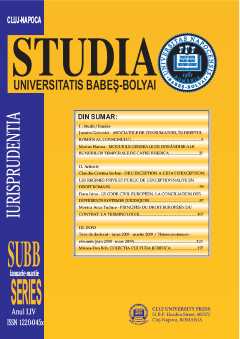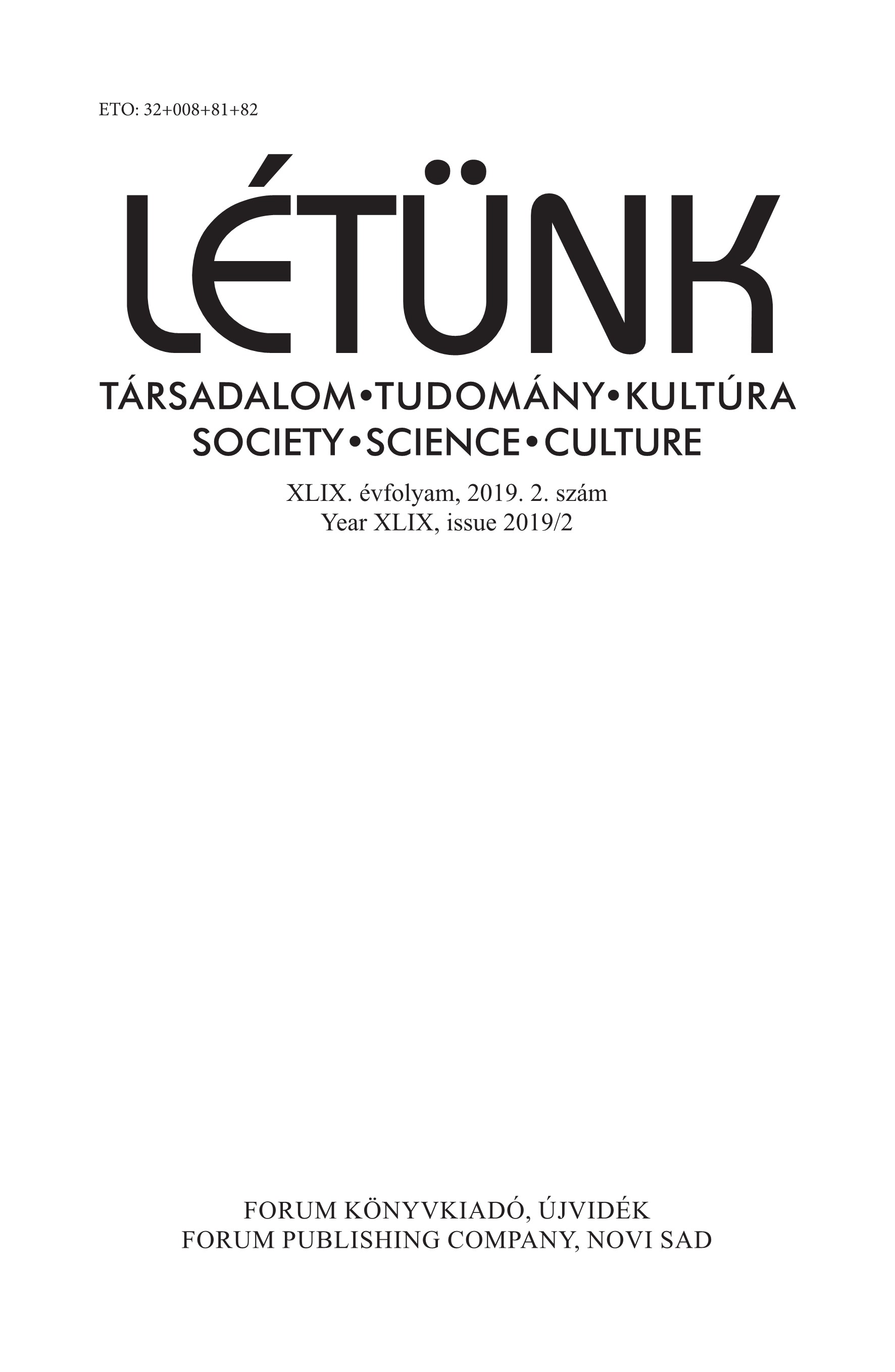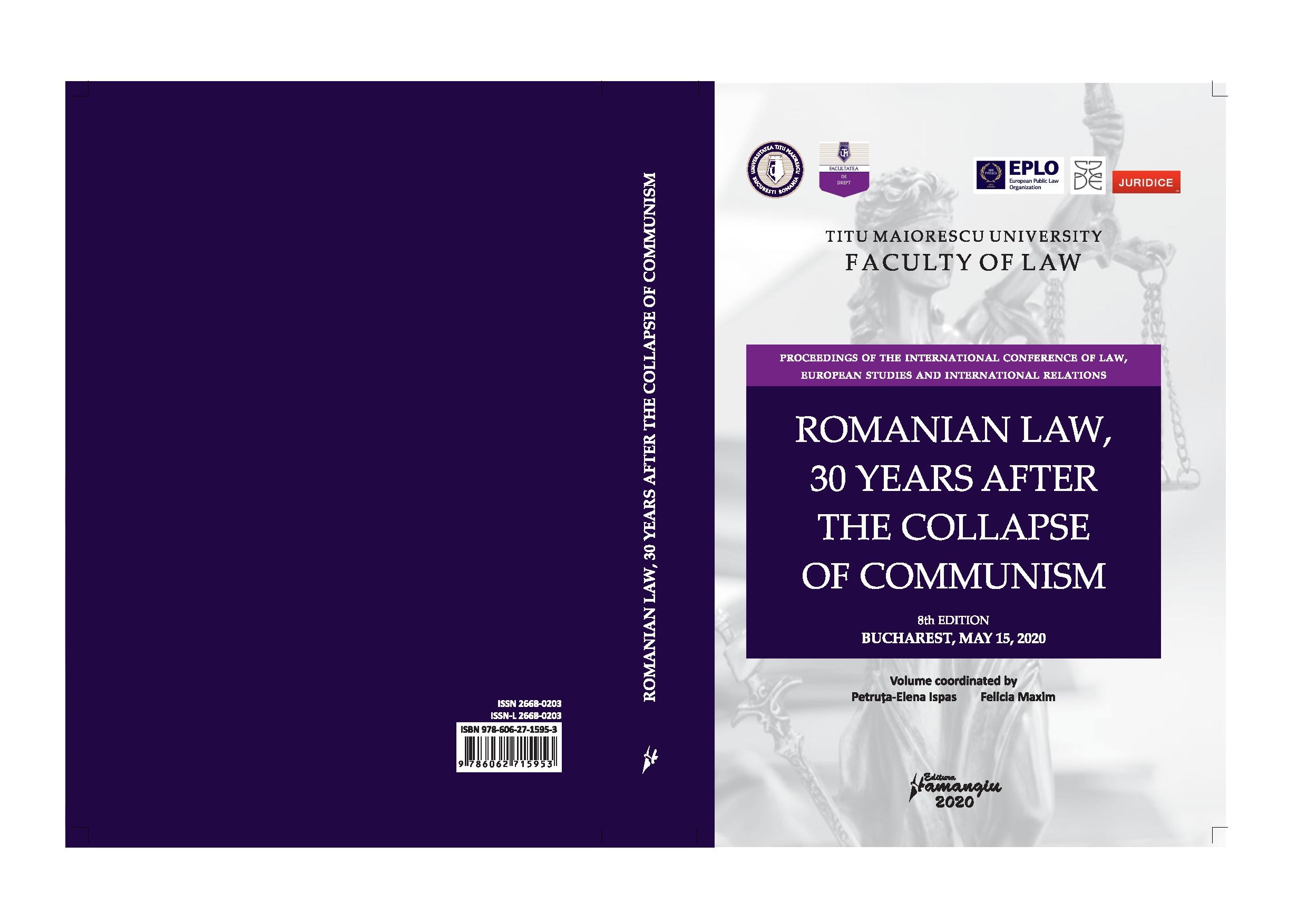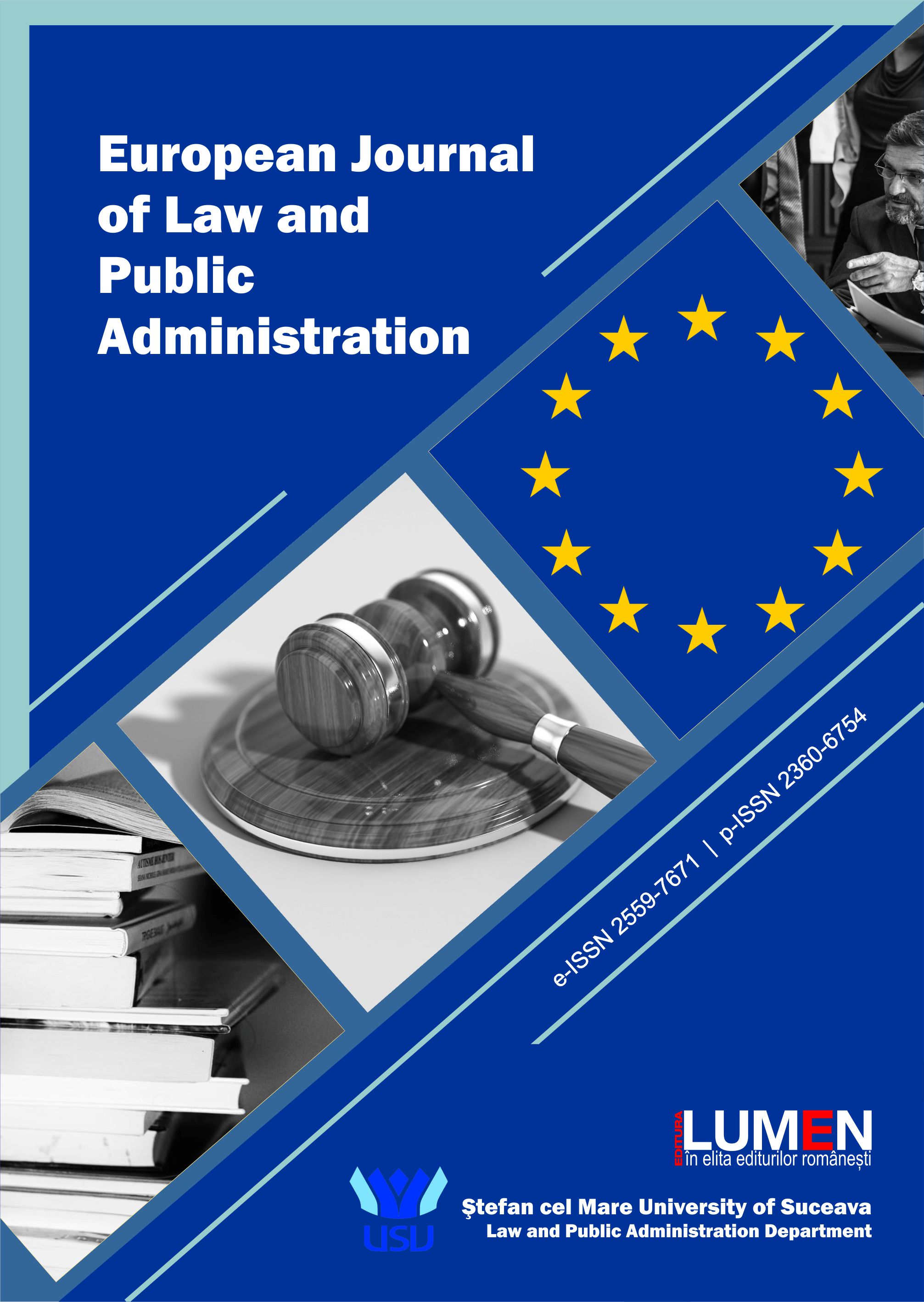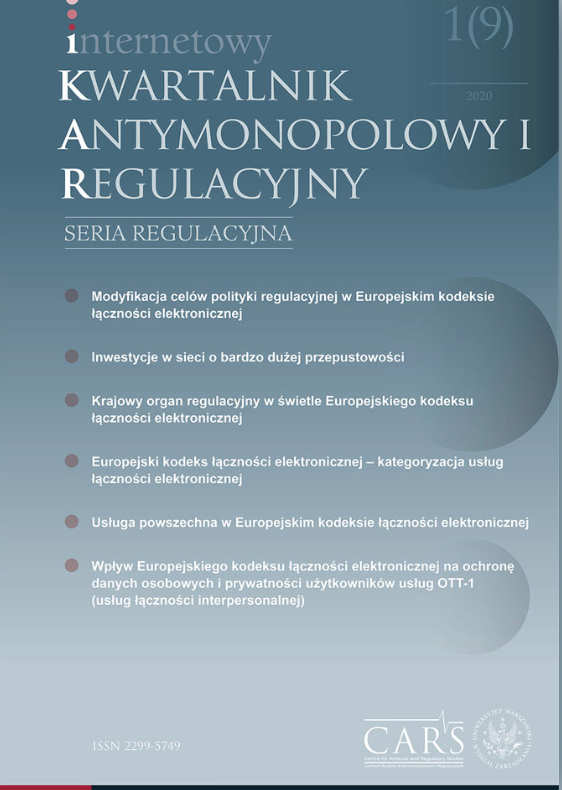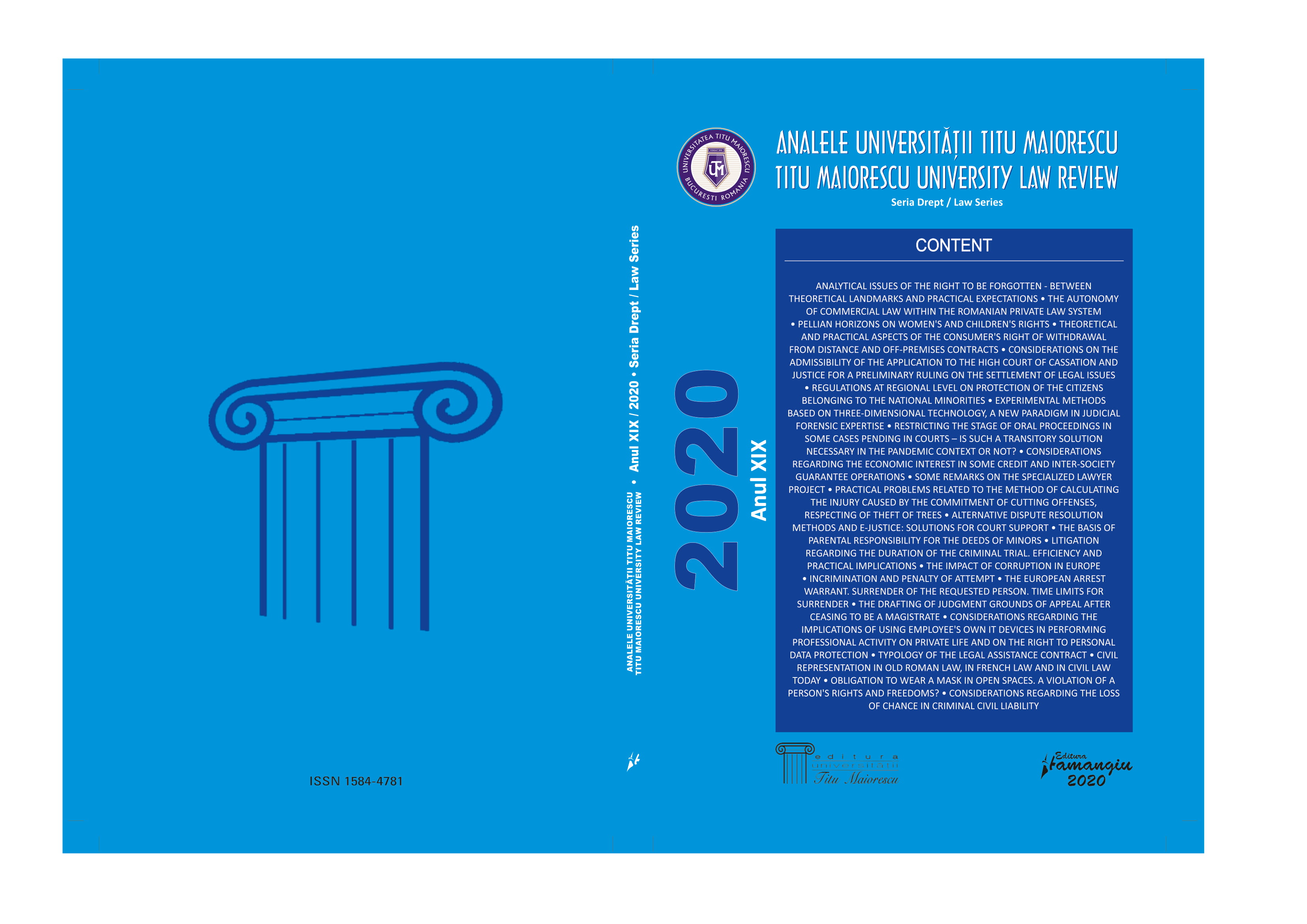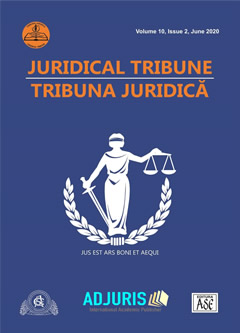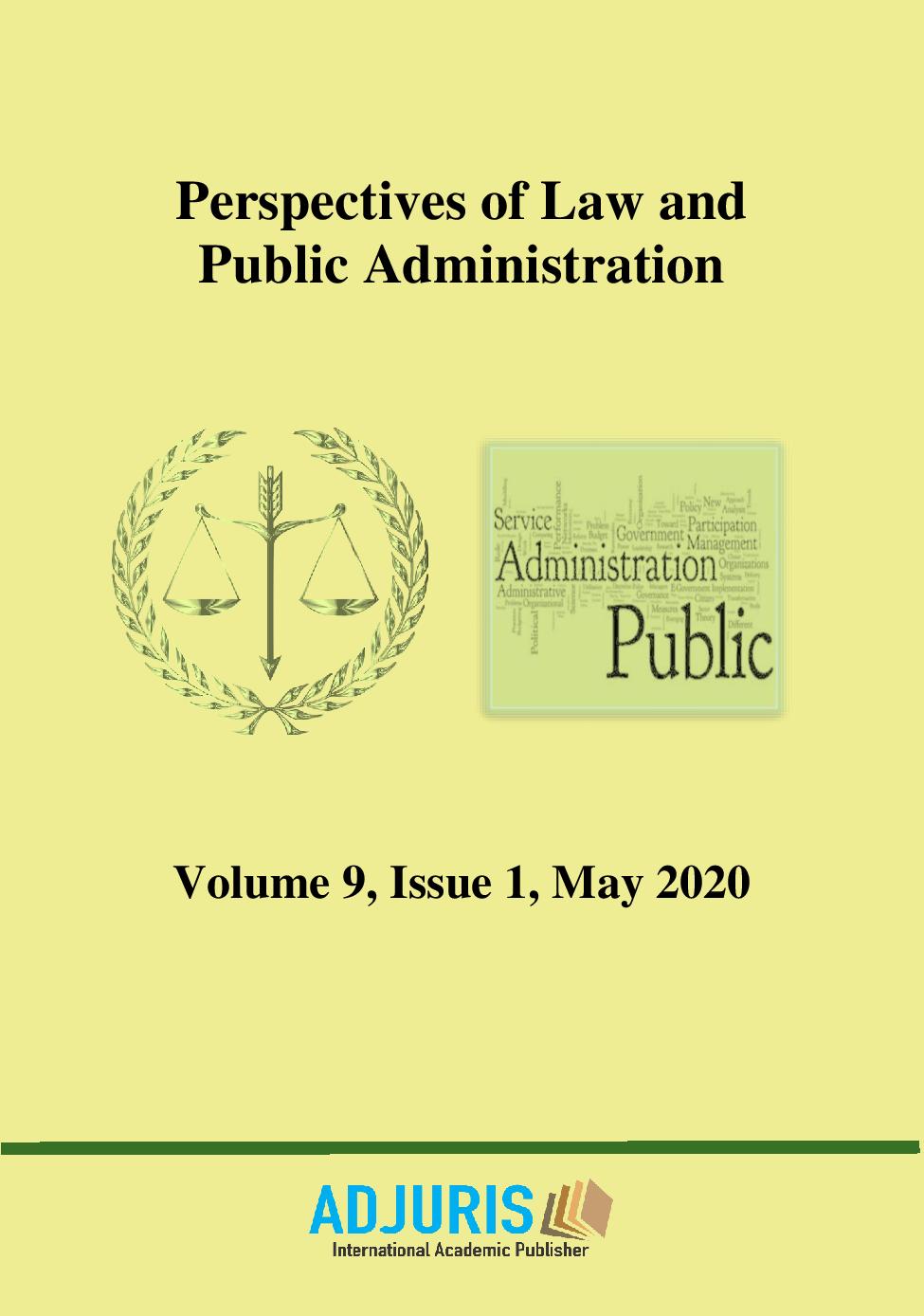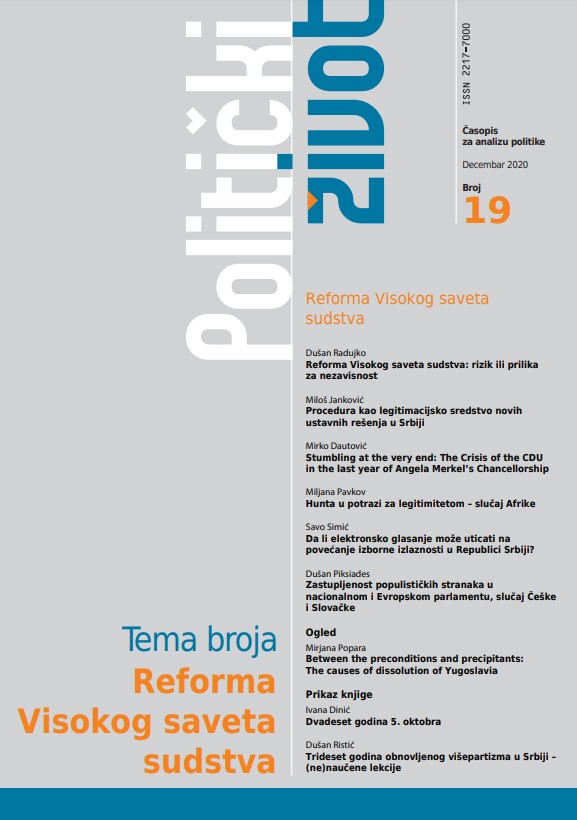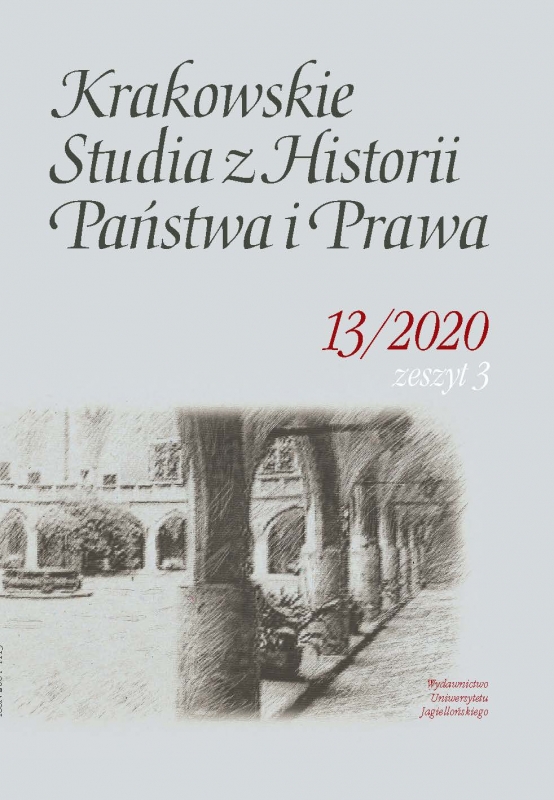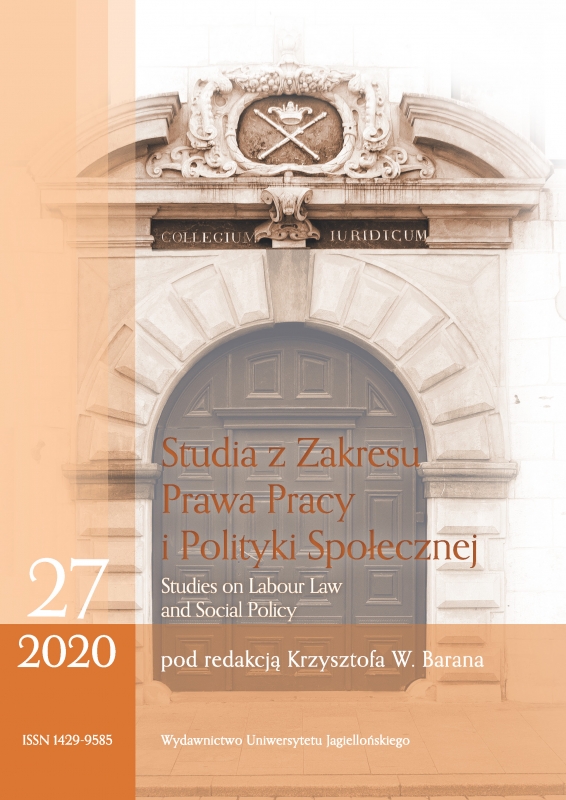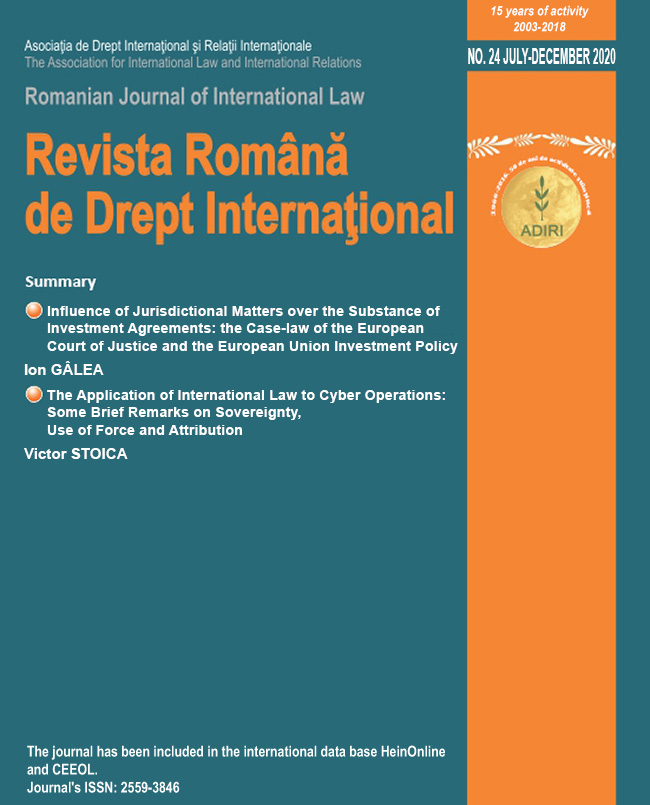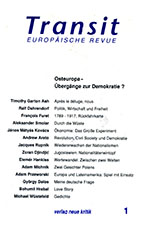
Après le déluge, nous
Former censors, former border guards, former apparatchiks, former secret police officers: what should happen to them? More specifically, what should happen to YOU, ONI, as the communist holders of power, big and small, were commonly called. It is a question of justice. At the highest level, it is the question of the Nuremberg trials. Should the men at the top be brought to justice for the crimes they have committed or those that have been committed among them? And if so, on what charges and according to which laws? At a lower level, it almost becomes a question of social justice. Is it fair, many wonder, that those who held comfortable office posts among the Communists still keep them today, while the little man has to tighten his belt? Is it fair that the members of the nomenklatura use the unclear legal provisions on privatization to take over as capitalists the companies that they previously commanded as communists?
More...
